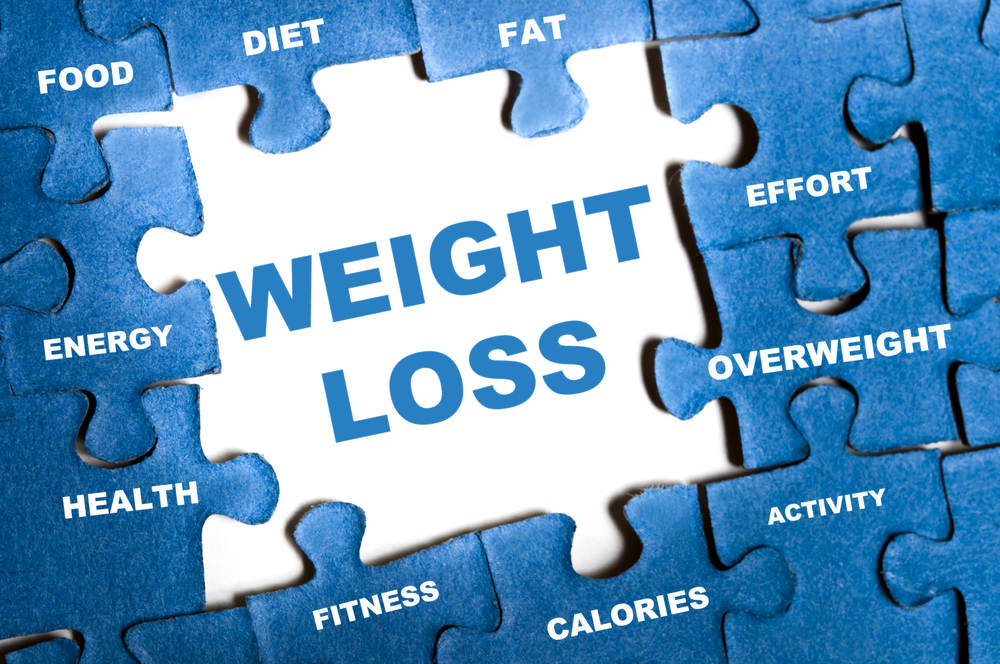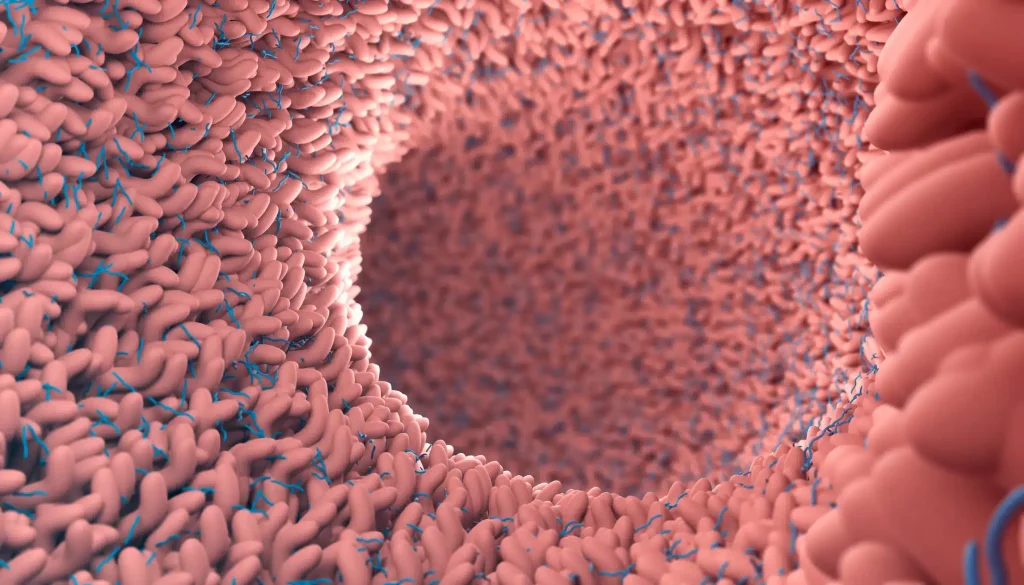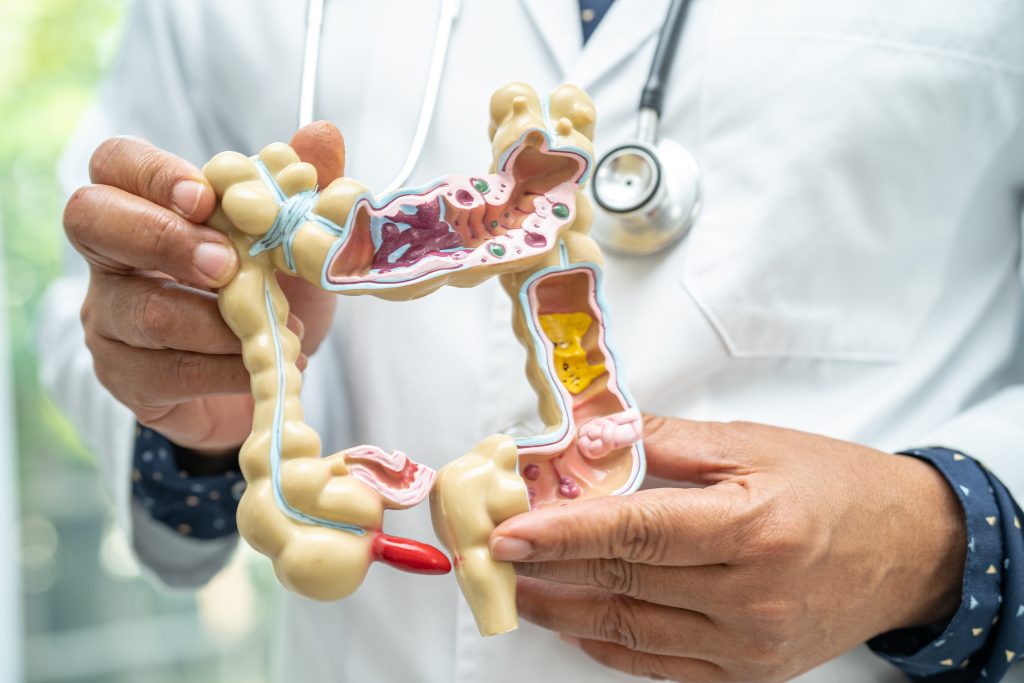Irritable Bowel Syndrome (IBS) is a common digestive disorder affecting the intestine’s functions. This means that while it doesn’t cause physical damage to the intestines, it interferes with how they work. Symptoms can vary from person to person and tend to flare up due to triggers like certain foods or stress. Although it is a long-term condition, there are effective ways to manage it and improve quality of life.
The causes of IBS are not fully understood, but researchers believe it results from a combination of factors. These include gut sensitivity, gut bacteria imbalances, and stress or food reactions. In some cases, digestive tract infections or genetic factors may contribute to the development of the disorder.Though it doesn’t cause permanent damage, it can significantly affect daily life. Understanding the condition, its causes, and how to manage it can help alleviate its impact.
IBS Explained: Symptoms & Treatment
While the exact cause of IBS remains unclear, it is believed to result from a complex interaction of gut-brain signaling, gut microbiota imbalances, and heightened sensitivity in the digestive tract. Certain foods, stress, and hormonal changes often trigger flare-ups.
Managing IBS typically involves a tailored approach, combining dietary adjustments like diet, stress management techniques, and, in some cases, medications to address specific symptoms.
Dietary Treatments
Common culprits include fatty or spicy foods, caffeine, and alcohol. There are multiple dietary options, some effective ones are listed. Studies have shown that patients with food allergies or with IBS symptoms have a larger number of Histamine receptors in their GI tract. One way to block the diet’s negative effect on your GI system is to block the Histamine pathway. Solamyn is a medicine used specifically for this purpose by combining two anti-histamines at the perfect ratio to reduce dietary symptoms on the GI system.
Low-FODMAP Diet focuses on reducing the intake of fermentable oligosaccharides, disaccharides, monosaccharides, and polyols. These are short-chain carbohydrates that can be poorly absorbed in the gut, leading to bloating, gas, and diarrhea. This diet has been proven to significantly reduce symptoms in many IBS patients by minimizing gut fermentation and excess gas production. This diet is supported by robust clinical evidence and is often the first-line dietary recommendation for IBS.
How to Implement:
- Follow the three-phase process: elimination (removing high-FODMAP foods), reintroduction (testing tolerance for individual foods), and maintenance (customizing a sustainable long-term plan).
- Common high-FODMAP foods to avoid: garlic, onions, apples, and certain dairy products.
- Work with a dietitian for best results.
High-Fiber Diet emphasizing fiber-rich foods like fruits, vegetables, and whole grains. Soluble fiber (found in oats, bananas, and psyllium) may help with constipation-dominant IBS (IBS-C). However, insoluble fiber (found in whole grains and raw vegetables) can worsen symptoms for some individuals, causing bloating or gas. Soluble fiber helps regulate bowel movements and can alleviate constipation, a common symptom of IBS-C. Foods like oats, bananas, carrots, and psyllium husk are gentle on the digestive system and provide relief.
How to Implement:
- Gradually increase soluble fiber intake to prevent bloating.
- Avoid excessive insoluble fiber (e.g., from raw vegetables and whole grains) if it worsens symptoms.
- Drink plenty of water to aid digestion.
Elimination Diet is a method of systematically removing specific foods that might trigger symptoms (e.g., dairy, spicy foods, caffeine) and reintroducing them to identify intolerances. Helps pinpoint food triggers, leading to personalized symptom management. Soluble fiber helps regulate bowel movements and can alleviate constipation, a common symptom of IBS-C. Foods like oats, bananas, carrots, and psyllium husk are gentle on the digestive system and provide relief.
How to Implement:
- Gradually increase soluble fiber intake to prevent bloating.
- Avoid excessive insoluble fiber (e.g., from raw vegetables and whole grains) if it worsens symptoms.
- Drink plenty of water to aid digestion.
Most diets require careful monitoring and patience; best done under professional supervision. Dietitians or gastroenterologists can help tailor dietary changes to your needs, ensuring safety and efficacy. IBS is highly individual. What works for one person may not work for another. Identifying triggers and beneficial foods often involves experimentation and patience.
Stress Treatments
Stress plays a significant role in Irritable Bowel Syndrome (IBS) due to the gut-brain connection. Managing stress effectively can significantly alleviate IBS symptoms. Here’s a list of stress management techniques that can impact IBS.
Cognitive Behavioral Therapy (CBT) A psychological therapy aimed at changing negative thought patterns and behaviors that contribute to stress and IBS symptoms. CBT directly addresses the gut-brain axis by teaching patients how to identify and modify negative thought patterns and behaviors that exacerbate IBS symptoms. It is supported by strong clinical evidence for reducing stress and improving IBS severity. This stress management tool has been Clinically proven to reduce symptom severity by addressing anxiety, depression, and maladaptive coping mechanisms. This is best for individuals with moderate to severe IBS symptoms linked to anxiety or stress.
How to Start:
- Work with a therapist specializing in gut-directed CBT.
- Learn techniques to manage anxiety, reframe catastrophic thinking, and develop positive coping mechanisms.
Mindfulness-Based Stress Reduction (MBSR) A structured program involving mindfulness meditation and yoga to enhance awareness and reduce stress. MBSR enhances awareness and reduces the impact of stress by focusing on the present moment. It has been shown to improve emotional regulation and reduce the perception of IBS-related pain. Helps regulate the gut-brain axis, reducing the perception of pain and improving overall gut function. This is best for those who prefer non-verbal, meditative techniques to calm the nervous system.
How to Start:
- Practice mindfulness meditation daily for 10–20 minutes, focusing on your breath, bodily sensations, or guided meditations.
- Join an MBSR program or use mindfulness apps like Headspace or Calm.
Deep Breathing Exercises a simple practice of controlling your breathing to calm the nervous system. Deep breathing is simple, quick, and effective for activating the parasympathetic nervous system, which helps calm the “fight or flight” response. It directly reduces gut hypersensitivity and promotes relaxation. These exercises activate the parasympathetic nervous system, reducing gut hypersensitivity and stress. This is best for Quick stress relief and ongoing nervous system regulation.
How to Start:
- Practice diaphragmatic breathing: Sit or lie down comfortably, inhale deeply through your nose for 4 seconds, hold for 4 seconds, and exhale through your mouth for 6 seconds. Repeat for 5–10 minutes.
- Incorporate breathing exercises into your daily routine or during moments of stress.
Consistency is the key to stress management and getting the most effective when practiced regularly. Not all techniques work for everyone; experiment to find what suits you best. For severe stress or anxiety, seek guidance from a therapist or counselor.
Medication Treatments
Here’s a list of medications that can be used to manage IBS (Irritable Bowel Syndrome), categorized by symptom type, along with explanations of their effects:
Antihistamines can greatly improve symptoms associated with IBS. Studies show an increased number of both Histamine-1 and Histamine-2 receptors in patients with IBS and in patients with food allergies. Solamyn is a drug that combines anti-histamines 1 and 2 at a specific ratio that has been shown to reduce diarrhea, urgency, abdominal pain, and cramping that is associated with IBS.
How to Use:
- Prescribed by a doctor; effects may take up to 72 hours to become noticeable.
Probiotics restore gut microbiota balance, reducing bloating, gas, and irregular bowel movements. These for individuals with IBS symptoms linked to dysbiosis (gut microbiota imbalance) or bloating. Please consider effects vary; consult a healthcare provider to identify the right strain for your symptoms.
How to Use:
- Choose clinically studied strains like Bifidobacterium infantis or Lactobacillus plantarum tailored for IBS. These are available in supplements or fermented foods.
Low-Dose Antidepressants (TCAs or SSRIs) regulate the gut-brain axis and address both pain and motility issues. Tricyclic Antidepressants (TCAs) are effective for IBS with diarrhea (IBS-D), as they slow bowel movements and reduce abdominal pain. Selective Serotonin Reuptake Inhibitors (SSRIs) improve gut motility, benefiting IBS with constipation (IBS-C). These are best for patients with moderate to severe pain, or those with coexisting anxiety or depression. Please consider that results require time to assess effectiveness; may have side effects like drowsiness or nausea.
How to Use:
- Prescribed by a doctor; effects may take a few weeks to become noticeable.
Currently, there is no cure, but symptoms can be managed. Consulting a healthcare professional is essential for an accurate diagnosis and to develop a personalized treatment plan.
If the personalized plans are not working or you need a little extra help visit Get Relief Rx. You can explore proven solutions designed to ease your symptoms and improve your gut health. Click here to start feeling better now!




